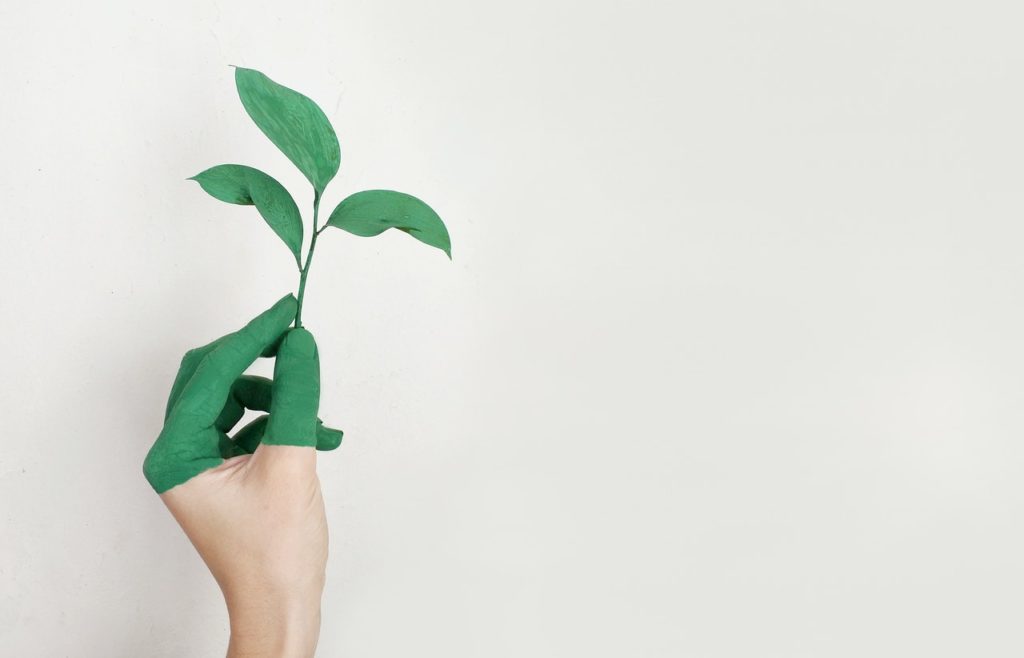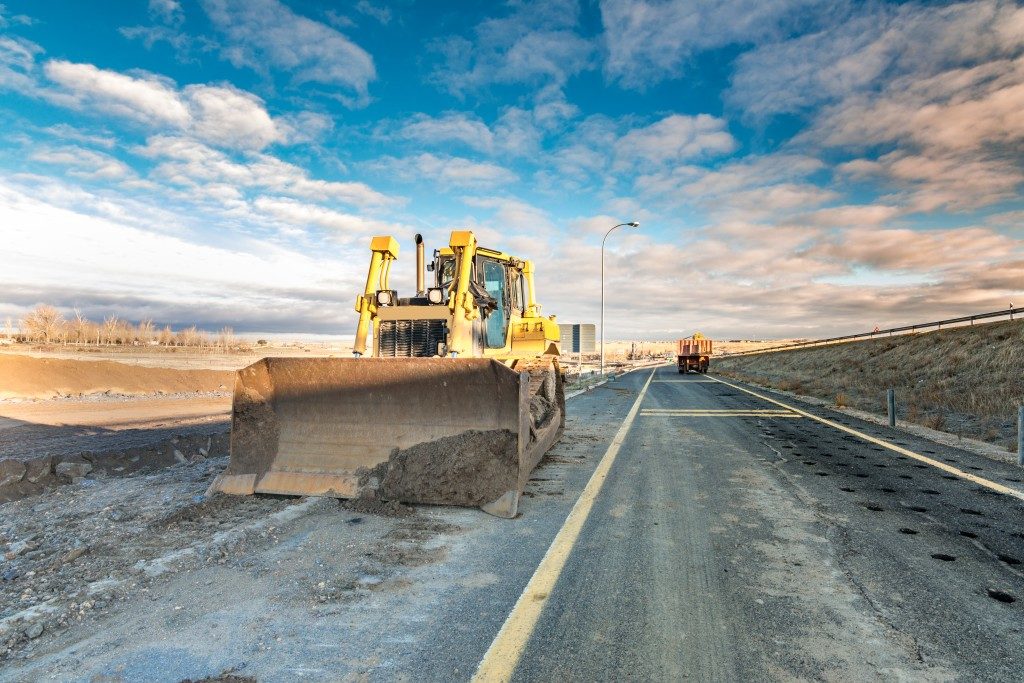If you’re tired of living wastefully and are determined to live a more environmentally-friendly lifestyle, you may feel a bit overwhelmed about the process. After all, starting something new can be stressful when you’re unsure where to begin. However, the good thing is you’ve already finished the most challenging step, and that’s deciding to make a change.
The following tips can make the process easier for you, allowing you to incorporate small changes into your routines, helping you live a more eco-friendly lifestyle in no time.
Cut Down on Energy in Your Home
There are several ways to cut energy costs and save the environment, helping you pay less and gain more in return. You can do this temporarily by lowering thermostats during winter or more permanently by purchasing top-grade solar panels to replace some of your electric consumption at home provided by top solar companies, bringing cleaner and greener energy to any household.
Eat Less Meat

Cutting back on your meat can make a massive difference in the environment. Over 30% of the Earth’s surface is being used to raise and manage livestock, ranging from chickens, pigs to cows. However, it’s one of the most pollutive industries globally, with 9% of CO2 coming from human-related activities, producing larger shares and harmful greenhouse gases, generating 65% of human-related nitrous oxide, severely polluting the air. So consider getting more vegetables or seafood next time.
Use the Right Light Bulb
You don’t need to run out and replace light bulbs throughout your house even though they’re still working. However, the next time one of them burns out, replace them with more eco-friendly alternatives. For instance, compact fluorescent lighting bulbs are an excellent choice as they last five times longer and use less electrical energy than regular incandescent light bulbs. Additionally, they’re brighter, meaning you can get away with using fewer lamps at home, saving more energy and the environment.
Cloth Over Paper
Instead of going to the store and buying several rolls of paper towels for your dinner party or spring cleaning session, cut an old shirt or other clothing and use them as rags. After all, you were likely going to throw out these old pieces of fabric anyways, so why not save some money and your surroundings while you’re at it? Collect used rags in a container and wash them at the same time to reuse and repeat.
Use Canvas Bags

Most stores nowadays provide canvas bags as alternatives to wasteful general plastic or paper bags. Although paper bags are somewhat more eco-friendly, it still generates lots of garbage. Luckily, canvas bags can solve the dilemma with ease, and though they may cost a small amount to get, you can reuse them again—and again, making them more useful than most people would think. They’re sturdier than traditional plastic and paper bags while holding more items.
People can use canvas bags to store goods and pack items when moving, making them useful in several ways. However, even if you’re not too keen on using canvas bags, you can always reuse plastic or paper bags as long as they’re still in good condition, allowing you to live more eco-friendly, reducing your waste. Whether you’re using plastic bags in smaller garbage cans throughout the house or recycling used grocery bags, every change makes a massive difference.
Start a Compost Pile or Bin
Composting has become a huge trend throughout the United States in the last couple of years, and for good reasons. Not only do compost piles or bins reduce waste by allowing you to reuse things you’d usually throw in the garbage, but they also save you a lot of money while helping your plants grow healthier and better. Plus, why go out and purchase expensive compost when you can easily create one with your trash?
Reduce Water Usage
One of the most efficient and easiest ways to live a more eco-friendly lifestyle is generally using less water by taking shorter showers or avoiding buying bottled water. When choosing bottled water alternatives, you can never go wrong with tap water, which you can purify and filter using a water filter. Doing this not only saves the environment, but it also saves you a lot of money.
Anyone can make a difference throughout the world when making small eco-friendly changes in your daily life, and the tips mentioned can help you achieve just that with ease. Living a greener lifestyle doesn’t need to be difficult—you can do something as simple as turning off the lights when you’re not in the room or turning the faucet off when brushing your teeth, and you’ll still be doing the planet a huge favor.


